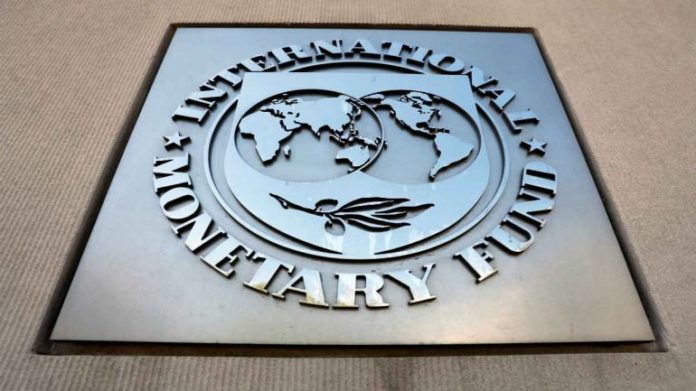Some economists in have backed calls by the International Monetary Fund (IMF) for Ghana to take immediate steps to reduce the country’s debt and debt servicing burden.
The International Monetary Fund Staff Mission to Ghana, in its concluding statement following a visit to the country from April 28 to May 12, 2021, for the 2021 Article IV Discussions, praised government for its effective handling of the COVID-19 pandemic, but added amongst other things that deeper, and more equitable, fiscal effort were needed to help address the debt vulnerabilities exacerbated by the pandemic.
According to the author of the statement and mission lead to Ghana, Carlo Sdralevich, Government interventions in 2020 amongst other things, exacerbated pre-existing fiscal rigidities and public debt vulnerabilities.
While government pegged the country’s debt to GDP ratio at 76.1 percent, the Bretton Woods institution put the figure at 78 percent from 64.4 percent in 2019, including ESLA of GHS7.63 billion in 2020.
According to the staff missions’ statement, the government deficit, including energy and financial sector costs, reached 15.5 percent of GDP, while annual gross financing needs to be exceeded by 20 percent of GDP.
In an interview with Citi Business News, Courage Martey, an economist with Databank described the debt figures as concerning but backed fiscal consolidation efforts by government.
“First of all if you look at their computation of the debt, they seem to be adding the ESLA debt to the total debt stock leading to their debt to GDP of 78% as against government’s 76.1 %. The bottom line is that, the debt situation is a cause for concern. That is why fiscal consolidation which is rightly beginning this year argues to focus on measures that will reduce the rate of debt accumulation as well as the debt service burden.”
Director of the Institute of Statistical, Social and Economic Research (ISSER), Prof. Peter Quartey also shares his concern with the high debt figures and added his voice for steps to be taken to reduce the numbers.
“I think the Debt-to-GDP ratio is high and there has to be a long-term strategy. And I see this in the budget statement that was read that we ought to find a way of exiting. And I think in the medium term we can find in the budget, we are going to reduce it to about 64% thereabout. It is high in other countries as well, but it still doesn’t take away the point that our Debt-to-GDP is high and we ought to do something about it.”
Ghana’s debt stock stands at GHS291.6 billion as of December 2020.







